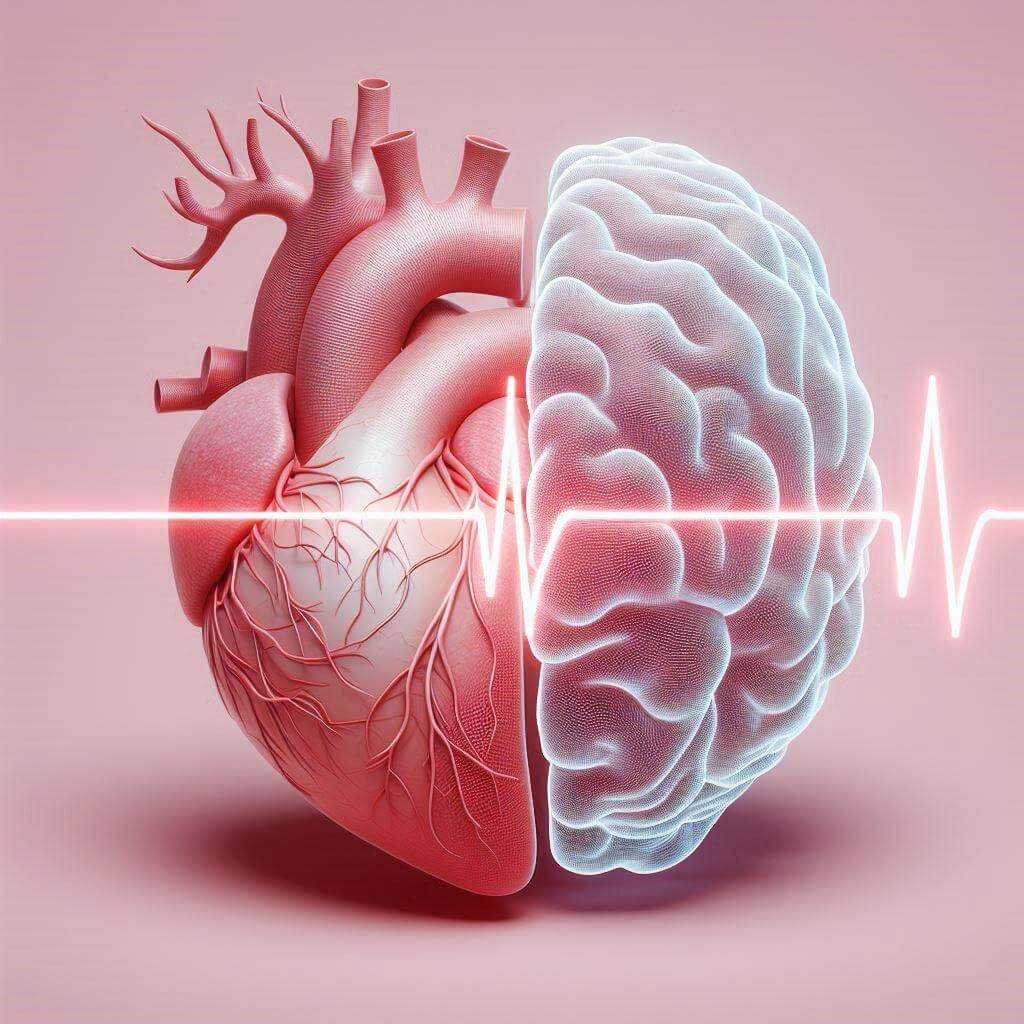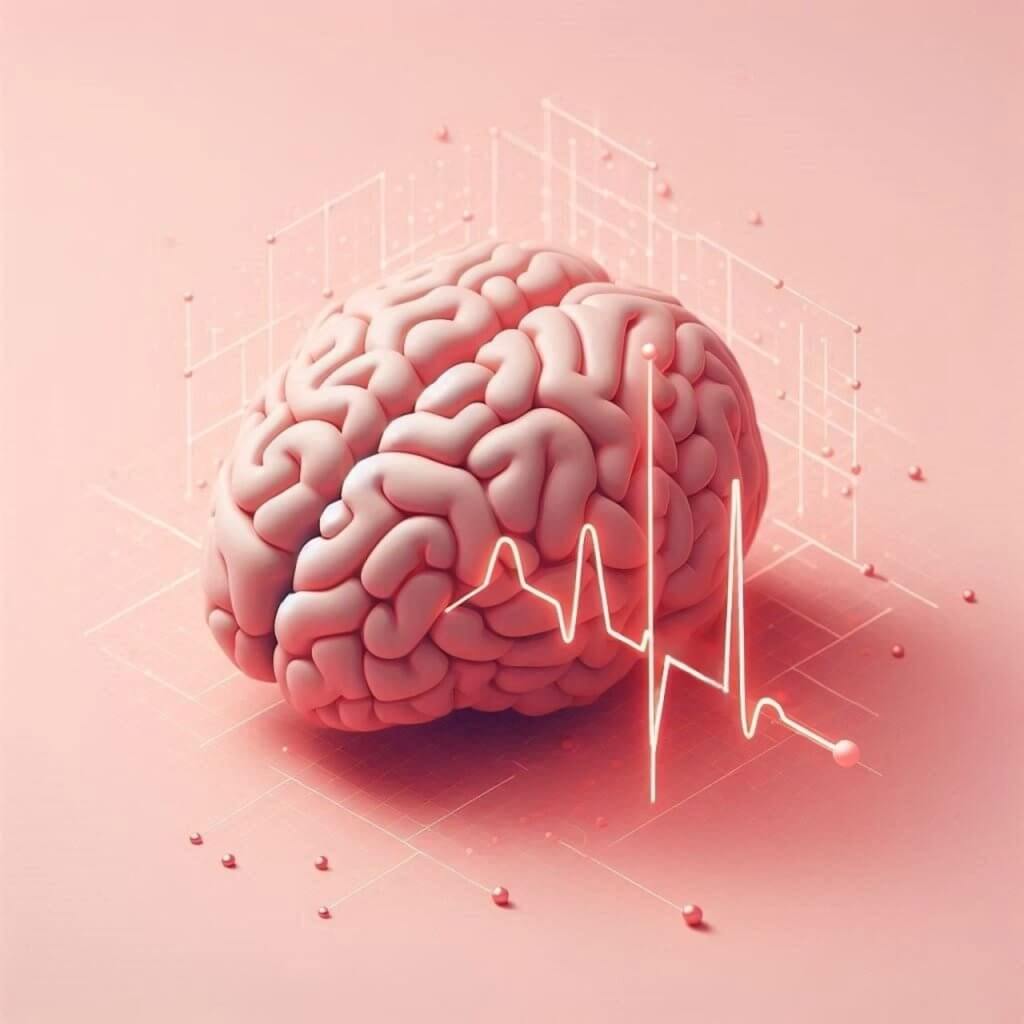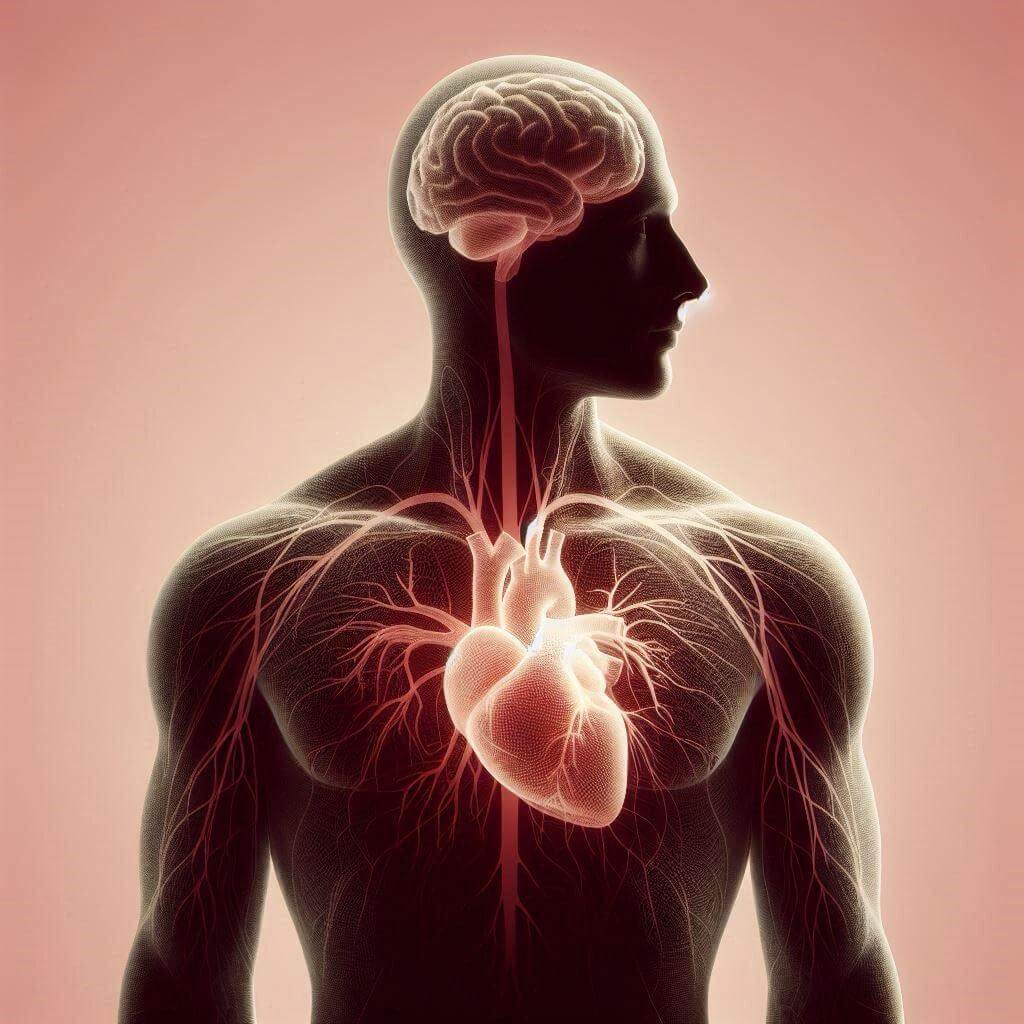
ADHD and the Heart: Hidden Connections
Attention Deficit Hyperactivity Disorder (ADHD) is a complex neurodevelopmental condition that affects approximately 5-7% of children and 2-5% of adults worldwide. Traditionally viewed primarily as a disorder affecting attention, behavior regulation, and executive functioning, our understanding of ADHD has evolved significantly in recent years. Emerging research now reveals that ADHD’s impact extends far beyond cognitive and behavioral domains, potentially affecting multiple body systems, including cardiovascular health.
This relationship between ADHD and heart health represents an important but often overlooked aspect of care for individuals with this condition. While the connection may not be immediately obvious, multiple pathways link these two seemingly separate health concerns. From the physiological effects of chronic stress to lifestyle patterns associated with executive function challenges, from medication considerations to shared biological mechanisms—the interplay between ADHD and cardiovascular health is both significant and complex.
In this comprehensive article, we explore the multifaceted relationship between ADHD and heart health, examining both direct and indirect mechanisms that connect these conditions. We’ll review the latest scientific evidence, consider how ADHD medications impact cardiovascular function, and provide evidence-based strategies for protecting heart health in individuals with ADHD across the lifespan.
The Scientific Evidence Linking ADHD and Cardiovascular Risk

Multiple studies have found connections between ADHD and increased cardiovascular risks:
- Research published in respected medical journals has found that adults with ADHD may have nearly twice the risk of developing cardiovascular diseases compared to the general population
- People with ADHD often show higher rates of hypertension, coronary artery disease, and heart rhythm abnormalities
- Both treated and untreated ADHD can contribute to cardiovascular issues through different mechanisms
How ADHD Affects Heart Health
Lifestyle and Behavioral Factors

ADHD symptoms can lead to lifestyle patterns that increase cardiovascular risk:
- Tobacco Use: People with ADHD have significantly higher rates of smoking, which is a major risk factor for heart disease.
- Diet Challenges: Executive function difficulties can make meal planning and healthy eating more challenging, often leading to less heart-healthy diets.
- Physical Activity Patterns: Despite stereotypes of hyperactivity, many adults with ADHD struggle to maintain consistent exercise routines.
- Sleep Disturbances: Sleep problems are common in ADHD and can independently increase cardiovascular risk.
Psychological Factors
The emotional aspects of ADHD also play an important role in cardiovascular health:
- Chronic Stress: Living with unmanaged ADHD often means navigating a world not designed for neurodivergent minds, creating persistent stress.
- Anxiety and Depression: These conditions frequently co-occur with ADHD and are independently associated with increased heart risks.
- Rejection Sensitive Dysphoria (RSD): Many people with ADHD experience intense emotional responses to perceived rejection, creating recurring physiological stress responses.
Substance Use and Self-Medication
As illustrated in RJ’s recovery story, many individuals with undiagnosed ADHD turn to substances to manage their symptoms:
- Alcohol and recreational drugs are often used to self-medicate attention issues or reduce anxiety
- These substances can significantly increase cardiovascular risks
- Proper ADHD diagnosis and treatment can help reduce reliance on harmful substances
ADHD Medications and Heart Health
ADHD medications and their cardiovascular effects require careful consideration:
Stimulant Medications
- Blood Pressure and Heart Rate: Stimulants typically cause modest increases in blood pressure and heart rate, though these changes remain within a clinically acceptable range for most patients.
- Research Findings: Recent studies on children and young adults suggest no significant increased cardiovascular risk with stimulant use when there’s no pre-existing heart condition.
- Monitoring Importance: Regular cardiovascular monitoring is still recommended, especially during initial treatment phases.
Non-Stimulant Options
For patients with cardiovascular concerns, non-stimulant medications may be appropriate alternatives:
- Medications like atomoxetine, guanfacine, or clonidine may have fewer cardiovascular effects
- The choice of medication should be individualized based on a patient’s complete health profile
Special Considerations for Different Populations
ADHD and Heart Health in Women
Women with ADHD face unique cardiovascular considerations:
- Hormonal fluctuations can influence both ADHD symptoms and cardiovascular function
- Women are often diagnosed later in life, meaning longer periods of untreated symptoms
- The joint Psych-Gynae clinic offers specialized care addressing these interconnections
ADHD in Older Adults
As explored in research on ADHD in older adults, cardiovascular considerations become especially important as age-related risks increase:
- There is no age limit for ADHD diagnosis, and treatment benefits can be significant at any age
- Careful medication selection and monitoring are critical for older patients
- Treatment can improve quality of life while simultaneously addressing cardiovascular risks
Practical Recommendations for Heart Health with ADHD

Comprehensive Assessment
- Thorough cardiovascular evaluation before beginning stimulant medication
- Regular monitoring of blood pressure, heart rate, and weight
- Collaboration between psychiatrists and cardiologists for complex cases
Lifestyle Approaches
- Exercise and ADHD: Regular physical activity benefits both ADHD symptoms and heart health
- Nutrition Strategies: Implementing ADHD-friendly approaches to heart-healthy eating
- Stress Management: Learning techniques to reduce the cardiovascular impact of stress
Treatment Optimization
- Using the lowest effective medication dose
- Considering medication timing to minimize side effects
- Exploring non-pharmacological approaches to complement medication
Conclusion
Understanding the connection between ADHD and cardiovascular health enables better care through awareness, individualized assessment, and comprehensive management. With proper treatment and lifestyle approaches, individuals with ADHD can effectively manage their symptoms while protecting their heart health.
For those concerned about ADHD and cardiovascular risks, specialized assessment services are available that consider the full spectrum of health needs. Through collaborative care approaches that address both conditions, better health outcomes are achievable.
For more information about comprehensive ADHD assessment and treatment approaches that consider cardiovascular health, explore our Adult ADHD services or contact our specialist team for a consultation.



